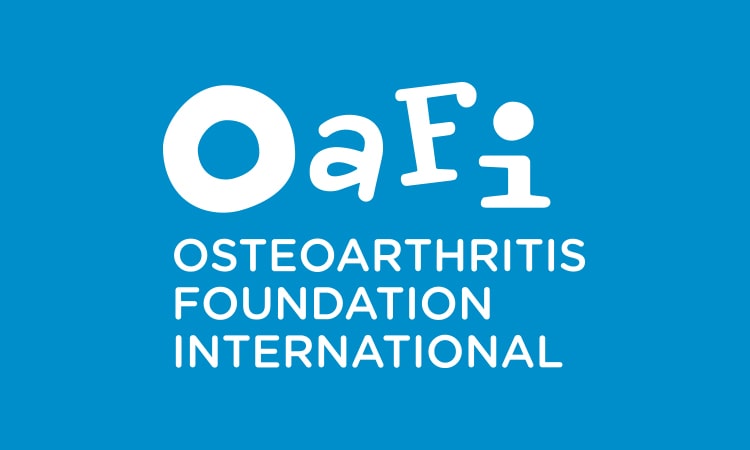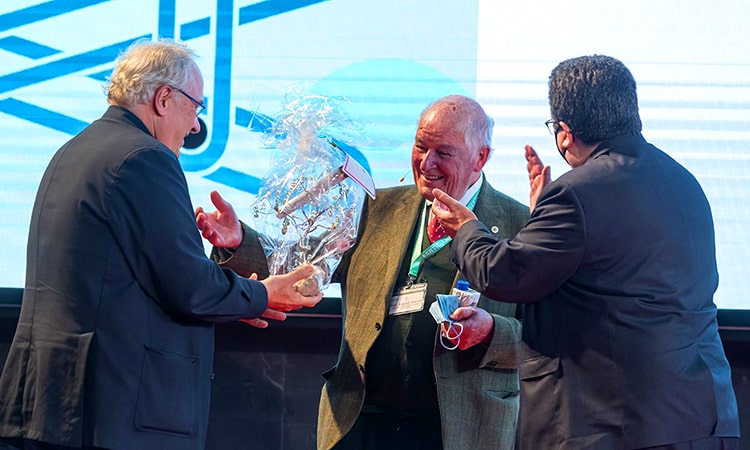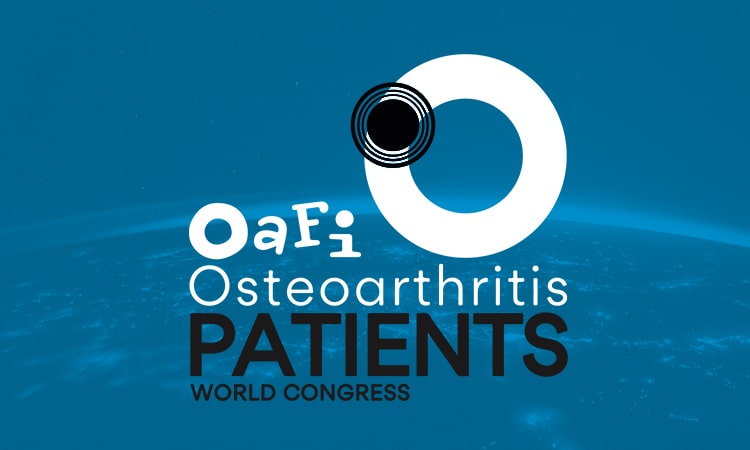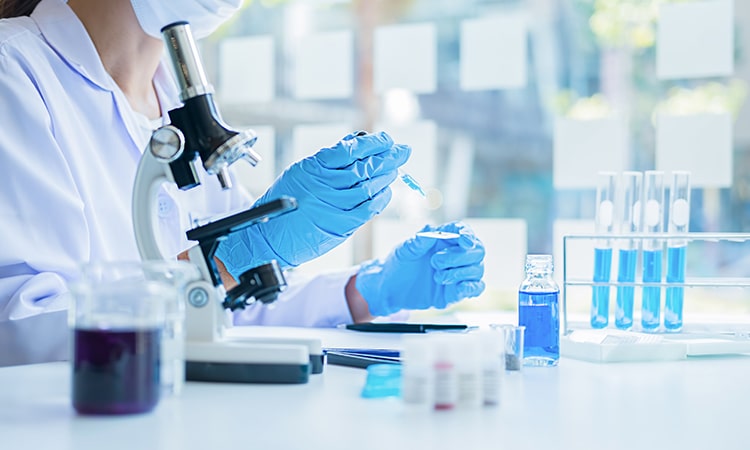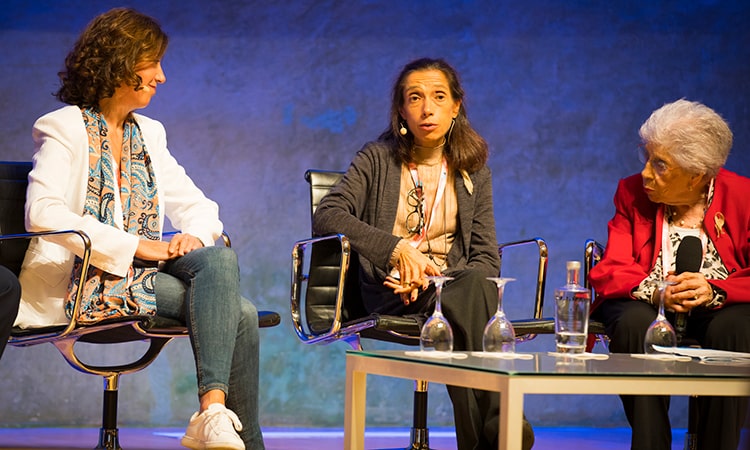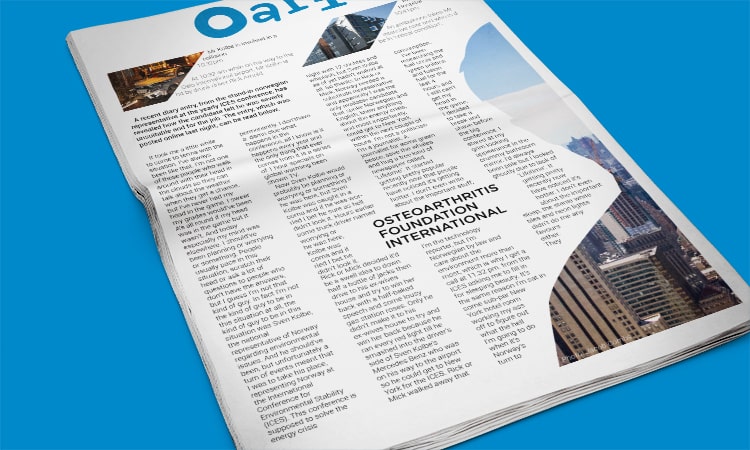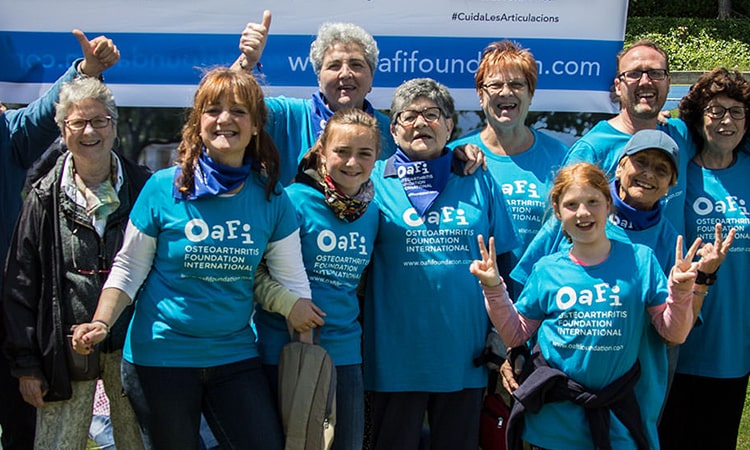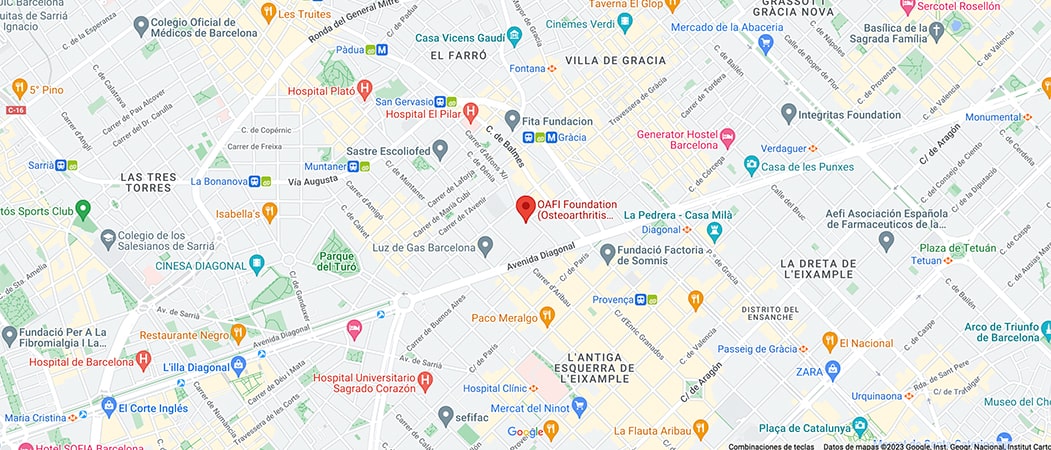- Foundation
- Actions
- Osteoarthritis
- Actuality
- OAFI Radio/TV
- Get Involved
- Contact
-
-
-
OAFI
Osteoarthritis International FoundationC/ Tuset, 19 · 3º 2ª
08006 Barcelona
(+34) 931 594 015
info@oafifoundation.comSchedule:
Monday-Thursday 9AM-6PM
Friday 8AM-3PM
-
-
-

-

The OAFI Foundation participates in the Horizon2020 European project “PREVENTOMICS”: an R + D + i project on personalized nutrition
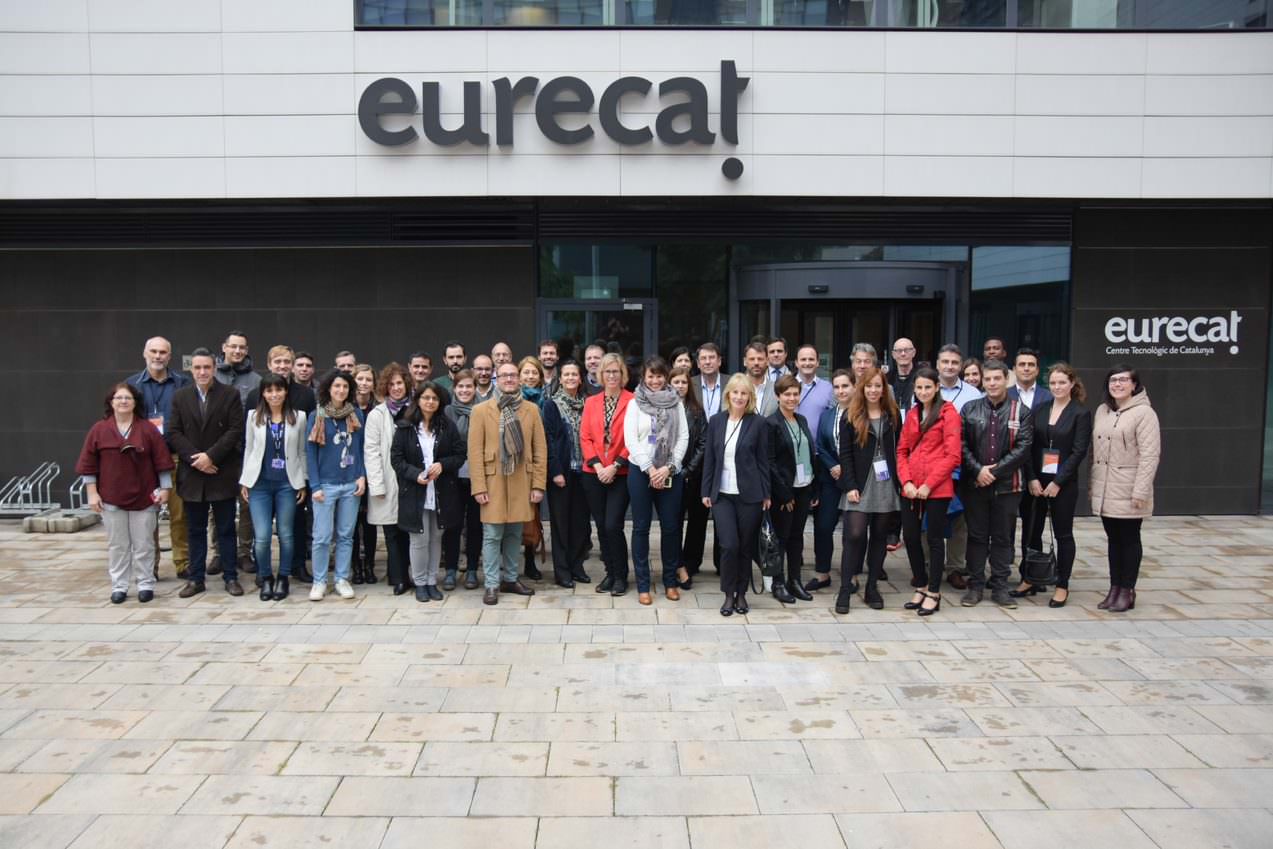
- The European project PREVENTOMICS will develop a system for sending personalised dietary and lifestyle advice for the prevention of non-communicable diseases through nutrition.
- PREVENTOMICS development will provide personalised nutition tools accessible to everyone, aimed at improving health and preventing the onset of diseases.
- The OAFI Foundation has been choosen to be responsible for the dissemination and diffusion of the project results.


The OAFI Foundation has been chosen to be responsible for the dissemination and diffusion of the results of PREVENTOMICS in order to raise awareness and promote a change in nutritional behaviour in the general population. At the same time, we will collaborate in the task of creating communities aware of the new concepts of personalized preventive nutrition and the importance of behavioural flexibility to achieve sustainable healthy habits.
OAFI is a benchmark for the EU in this project in the translation and dissemination of the results to the general public and patients. PREVENTOMICS represents a new challenge and an important recognition at European level of the OAFI Foundation and its patients, explains Dr. Josep Vergés, President of the OAFI Foundation.
The PREVENTOMICS European project will develop, starting this November and for three years, personalized nutrition plans and lifestyle habits to improve the health of people, based on the characterisitics of each individual such as physical and behavioural traits, lifestyle, genotype, preferences and physical condition. The personalised nutrition plans, which will take into account consumers’ needs and requirements, will reach the target audience in the form of personalised health advice through the use of Information and Communications Technologies (ICT).
PREVENTOMICS (Empowering consumers to PREVENT diet-related diseases through OMICS sciences) could be applicable in the future to the personalization of any type of treatment or health condition and represents a unique service, given that “it can be validated for specific diseases or for well-defined life situations where the combination of genetic, biological, nutritional and psychological factors is relevant”, explains Josep Mª del Bas, director of the Nutrition and Health unit at Eurecat, the technology centre coordinating the consortium.
It is expected that PREVENTOMICS, which has 19 European partners from 7 different countries, will conclude with the introduction of six new products on the market, both in the application of new technologies to improve health (e-business) and in the form of food products intended for human consumption.
To achieve this, the project will adopt a comprehensive approach by exploiting the potential of omics techniques, especially metabolomics, to understand metabolic health status and will explore techniques to induce a behavioural change in people in order to provide personalized preventive nutrition tools, accessible to everyone, that promote changes in current habits and achieve sustained and lasting improvements in individual health.
One of the novelties of the project, according to Antoni Caimari, scientific coordinator of Eurecat’s biotechnology area and technical coordinator of the project, “is that it is based on a unique integration of genetic, metabolic, nutritional and psychological data”, with the application of computational modelling techniques of metabolism, which will make it possible to evaluate and characterise the most relevant physiological processes—the sustained lack of control of which leads to the onset of different diseases, and to modulate these deviations to prevent their development”.
At a social level, the research carried out by PREVENTOMICS will help to sustain new healthy lifestyle habits, increase users satisfaction and confidence in a more personalized diet and promote greater adherence to the Mediterranean diet as a healthy dietary pattern in line with the recommendations of the European Food Safety Authority (EFSA).
The project involves innovations at research level, in interoperability and use of open source data to feed future research; at social level, in the search for sustainable solutions with more accurate information; at health level, with the exploitation of Information and Communication Technologies capabilities to manage data from different sources; and finally, at business level, offering more personalised services in line with the growing demand of society. The project will take into account the needs and requirements of consumers.
To demonstrate the potential for personalization at different levels of the food value chain, PREVENTOMICS will be validated in three different scenarios using three different companies conducting intervention studies with both healthy volunteers and volunteers with abdominal obesity who are at moderate risk of suffering from cardiovascular disease.
Evolution of personalised nutrition
In recent years, “the expectations around personalized nutrition has been growing, but there have been insufficiently accurate and understanding of which individual variables are affected and the behavioural barriers that prevent the individual from acquiring healthier habits”, says Caimari.
The personalised nutrition market is estimated to grow from €81 billion in 2015 to €110.5 billion in 2020, due to the rise of key societal trends, such as increasing health concerns, better understanding of fitness, an ageing population, rising disposable incomes, lifestyle changes and growth in emerging markets.
In this sense, experts agree that the food industry should provide solutions on an individualised level, in fields such as nutraceuticals and health, sports nutrition, food services or mHealth.
In addition to Eurecat, the following is a list of the 19 partners of PREVENTOMICS: ALDI, Alimentòmica, Onmi; Simple Feast; METEDA; Carinsa and Practio; and the research centres and universities Università di Parma, University of Southampton, Institute of Communication and Computer Systems, Erasmus Universiteit Rotterdam, Leitat, Wageningen University, Uniwersytet Jagiellonski in Krakow and Universiteit Maastricht, as well as the osteoarthritis patients association Osteoarthritis Foundation International (OAFI), the Spanish Consumer Organization (OCU) and the Spanish Association for Standardization (UNE).
For further information or interviews, please contact the Eurecat Press Office at premsa@eurecat.org or call 630 425 169.
Categories :
